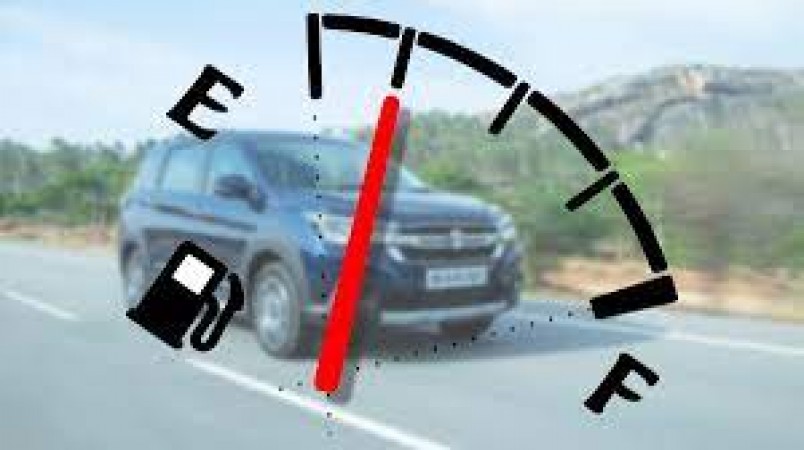
One of the simplest ways to improve your car's fuel efficiency is to reduce your speed while driving. High speeds increase wind resistance, which can significantly decrease your mileage. By driving at a moderate pace, you can conserve fuel and save money at the pump.
Find the Optimal Speed
Experiment with different speeds to find the sweet spot for your vehicle. Typically, most cars achieve their best fuel economy between 45 and 65 miles per hour. Maintaining a consistent speed within this range can help maximize your mileage.
2. Avoid Rapid Acceleration and Braking
Smooth Acceleration Saves Fuel
Avoid aggressive driving behaviors such as rapid acceleration and hard braking. These actions not only increase fuel consumption but also wear down your vehicle's components more quickly. By accelerating gradually and braking gently, you can improve your car's efficiency and prolong its lifespan.
Use Cruise Control
Utilize your car's cruise control feature whenever possible, especially during highway driving. Cruise control helps maintain a steady speed, preventing unnecessary fluctuations that can waste fuel. However, avoid using cruise control on hilly terrain where it may cause the engine to overcompensate.
3. Keep Your Vehicle Well-Maintained
Regular Maintenance is Key
Proper maintenance is crucial for optimizing your car's fuel efficiency. Schedule regular tune-ups and follow the manufacturer's recommended service intervals. A well-maintained vehicle operates more efficiently, ensuring that all systems are functioning correctly and minimizing fuel consumption.
Check Tire Pressure
Underinflated tires increase rolling resistance, forcing the engine to work harder and consume more fuel. Regularly check your tire pressure and inflate them to the recommended levels specified in your owner's manual or on the driver's side door jamb. This simple task can improve your mileage by several percentage points.
4. Reduce Excess Weight and Drag
Lighten the Load
Carrying unnecessary weight in your vehicle can reduce fuel efficiency. Remove any items from your trunk or interior that you don't need for your journey. The less weight your car has to carry, the less fuel it will consume.
Remove Roof Racks and Cargo Carriers
Roof racks and cargo carriers create aerodynamic drag, increasing fuel consumption, particularly at higher speeds. When not in use, remove these accessories to streamline your vehicle and improve its aerodynamics. Consider using them only when necessary to transport cargo.
5. Plan Your Routes Wisely
Choose Efficient Routes
Carefully plan your driving routes to minimize distance and avoid heavy traffic whenever possible. Idling in traffic or taking longer routes can significantly impact your fuel efficiency. Use navigation apps or online tools to find the most direct and congestion-free paths to your destination.
Combine Trips
Combine multiple errands or appointments into a single trip to reduce overall mileage. Consolidating your outings allows your engine to reach its optimal operating temperature more quickly and reduces the number of cold starts, which are less fuel-efficient. Additionally, avoiding unnecessary detours saves time and fuel. By implementing these simple changes in your driving habits, you can maximize the mileage of your car and save money on fuel costs in the long run.
Car Tips: Is your car starting to rust? protect yourself like this
Tata started 'Hunter' of inflation, prices of Nexon-Punch increased by Rs 45 thousand
This electric car runs 548 kilometers, performance is also excellent